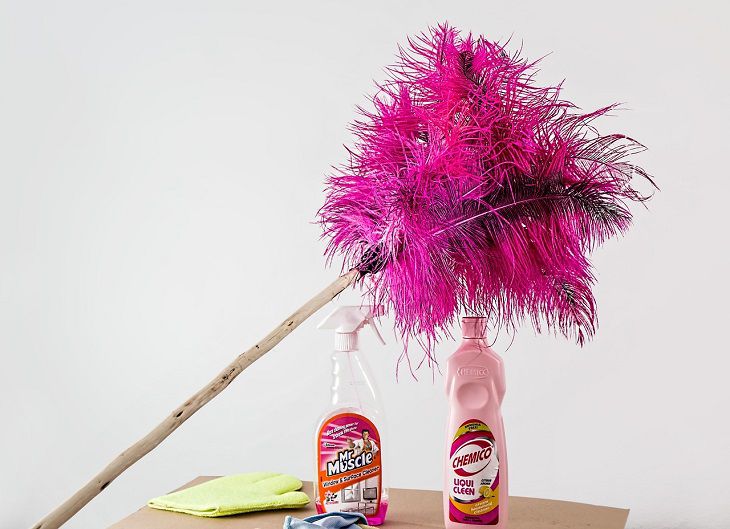The way your house looks can say a lot about your mental state - and that's why regular house cleaning is essential.
Meanwhile, the process of cleaning your house can also be beneficial for your mental health in many ways.
Here are a few reasons why you should clean your house regularly, even if you don't feel like doing it.
Routine as a Pillar
Cleaning establishes a routine, offering a stable structure in your day.
The predictability of tasks like sweeping or organizing can provide comfort and a sense of accomplishment.

Ownership of Space
Taking care of your living space fosters a sense of ownership.
When you actively contribute to the cleanliness of your environment, it reinforces a positive connection to your home, promoting a feeling of security.
Physical Activity Blend
Cleaning often involves physical activity, contributing to the release of endorphins.
This natural mood boost can help combat stress and enhance your overall mental well-being.
Task Completion Triumph
Completing cleaning tasks, no matter how small, gives you a sense of achievement.
This small triumph can positively impact your self-esteem and motivation.
Mindful Moments
Cleaning encourages mindfulness – being present in the moment.
Focusing on the task at hand can provide a mental break from worries or stressors, promoting a calmer state of mind.
Aesthetic Appeal
A visually pleasing environment can have a direct impact on your mood.
A clean, organized space offers a more pleasant backdrop for your daily life, contributing to a positive mental outlook.
Social Space Comfort
A clean home is often more inviting for social interactions.
Hosting friends or family in a well-maintained space can contribute to positive social connections, fostering a sense of community.
Previously, we've talked about humidity in your house.








